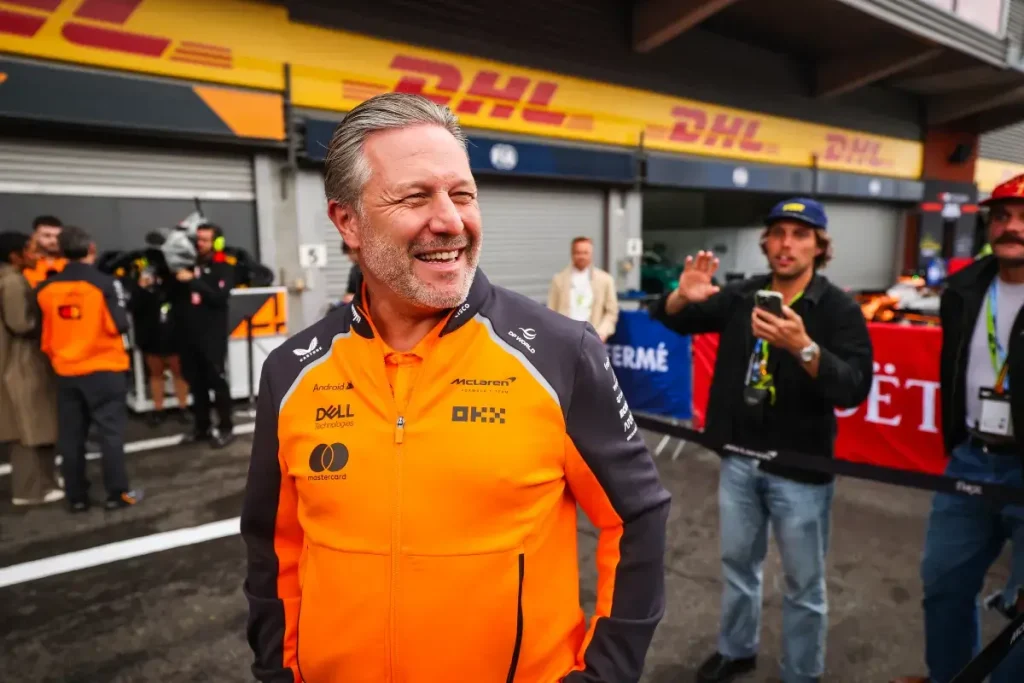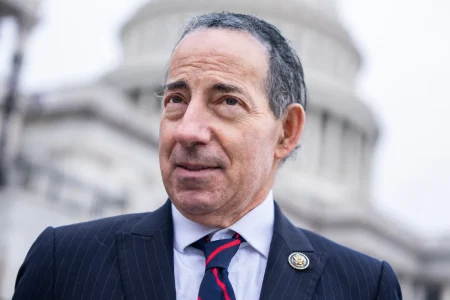McLaren Racing’s Valuation Soars as New Investment Marks Formula 1’s Golden Era
In a stunning development for the motorsport world, McLaren Racing CEO Zak Brown has confirmed the sale of a stake in the legendary Formula 1 team, with the organization now valued at an impressive $4.1 billion according to Bloomberg. This financial milestone comes as the team enjoys unprecedented success on the track, signaling both McLaren’s resurgence and Formula 1’s explosive growth in global popularity. The Bahraini sovereign wealth fund Mumtalakat and automotive investment group CYVN Holdings, which already owned the parent McLaren Group, have now completed their acquisition of a significant portion of McLaren Racing. “We’re all done,” Brown stated matter-of-factly, capping a process that began with reports in early September about their interest in acquiring a 30% stake in the racing division.
Brown attributes this remarkable valuation to Formula 1’s current golden age, sparked by Liberty Media’s acquisition of the sport and their implementation of cost caps that leveled the playing field financially and competitively. “The sport is on fire,” Brown enthused, pointing to skyrocketing metrics across all aspects of the business. “The fans are coming out in the tens and hundreds of millions, sponsors, partners in the sport, unlike we’ve ever seen before.” This transformation has made Formula 1 teams increasingly attractive investments, with McLaren’s valuation reflecting both the sport’s overall growth and the team’s specific competitive resurgence.
McLaren’s journey back to the front of the grid reads like a sporting fairy tale. After beginning last season languishing at the back of the field, the team’s engineers discovered a developmental advantage that catapulted them forward. Their remarkable in-season turnaround saw them challenge Red Bull’s dominance and, while they fell short of wrestling the Drivers’ Championship from Max Verstappen, they managed to secure the prestigious Constructors’ Championship. The 2025 season has seen this momentum continue, with McLaren poised to retain their Constructors’ title and their drivers, Oscar Piastri and Lando Norris, battling each other for the Drivers’ Championship crown. This competitive renaissance has unquestionably enhanced the team’s commercial value and attractiveness to investors.
Despite McLaren’s current success, Brown believes the team—and Formula 1 as a whole—has substantial room for further growth. Drawing parallels to other sports’ financial trajectories, he noted, “Every time there’s a record deal and whatever sport it is, everyone goes, ‘Oh, that was crazy.’ And then you look back and in five years, they’ve still gone up.” Formula 1’s specific growth potential remains particularly robust, with demand for races exceeding the current 24-race calendar. “We have demand for probably 30 grands prix,” Brown explained, highlighting the sport’s global appeal. The commercial ecosystem has similarly flourished, with Brown pointing to partnerships with “the best brands in the world, the Mastercards, the Googles, etc.” as evidence of Formula 1’s premium positioning in the sponsorship marketplace.
The on-track product has also contributed significantly to Formula 1’s surge in popularity. Brown celebrated the competitive balance of recent seasons: “Last year, four teams won, seven different drivers won multiple races. It’s the first time I’ve seen that in my 30 years of following the sport.” This unpredictability, combined with the personality-driven narratives captured by Netflix’s “Drive to Survive” series, has created a perfect storm of sporting excellence and entertainment value. “The on-track competition is great. The off-track drama, as captured by Netflix, is fantastic,” Brown summarized, attributing much of the sport’s mainstream crossover success to this dual appeal of athletic competition and compelling human stories.
As Formula 1 continues its global expansion and McLaren solidifies its position as a frontrunner, the team’s valuation is expected to climb even higher. If their technical prowess translates into continued dominance through the upcoming regulatory changes, McLaren could establish itself as the clear second-most valuable team on the grid, trailing only the iconic Ferrari brand. The $4.1 billion valuation represents not just McLaren’s competitive resurgence but also Formula 1’s transformation into a premier global entertainment property with seemingly limitless growth potential. As Brown confidently asserted, despite all the records already broken, “I think the sport, in many ways, is just getting going.”















